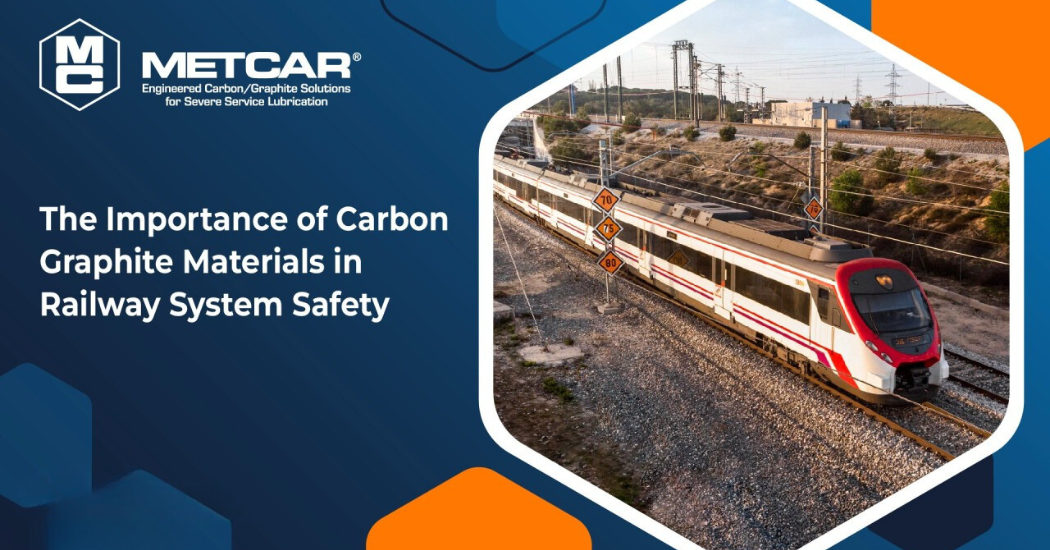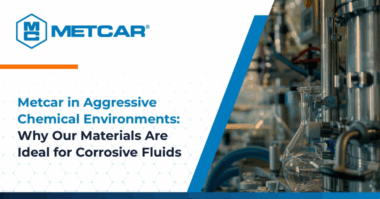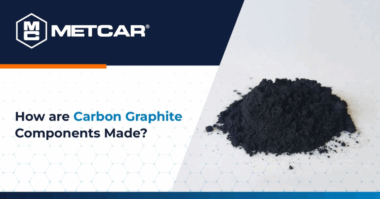In the railway system, the reliability and safety of signals play a crucial role in managing traffic through crossings, tunnels, and bridges. These systems use electric relays with contacts that allow for the continuous and efficient transmission of current. However, during this process, a dangerous phenomenon can occur: the electric arc.
The electric arc happens when current jumps between two circuits, generating enough heat to cause the metallic contacts to weld together. If this occurs, the relay may fail, leading to disruptions in railway signals, which could potentially result in serious accidents or traffic regulation failures.
This is where Metcar’s carbon graphite materials come into play. This conductive material has the ability to eliminate electrical noise and prevent arcing, allowing signals to be transmitted clearly and without the risk of contact fusion. By utilizing electrically conductive grades of carbon graphite, railway systems can operate uninterrupted, ensuring efficient signal transmission and protecting safety on the tracks.
Key Benefits of Our Carbon Graphite Materials:
- Elimination of Electric Arcing: Carbon graphite reduces the likelihood of arcing between contacts, preventing wear or welding of components.
- Improved Signal Transmission: Thanks to its conductive properties, signals are transmitted clearly, ensuring a more reliable control system.
- Accident Prevention: By minimizing the risk of relay failures, carbon graphite contributes to the overall safety of the railway system.
The use of carbon graphite in electrical contacts not only enhances the efficiency of railway systems but also helps avoid potentially catastrophic situations, ensuring that railway traffic is regulated safely and effectively.
Metcar continues to develop advanced solutions in carbon graphite materials for the most demanding applications in the railway industry, ensuring the safety and efficiency of the transportation system that keeps the world moving.




